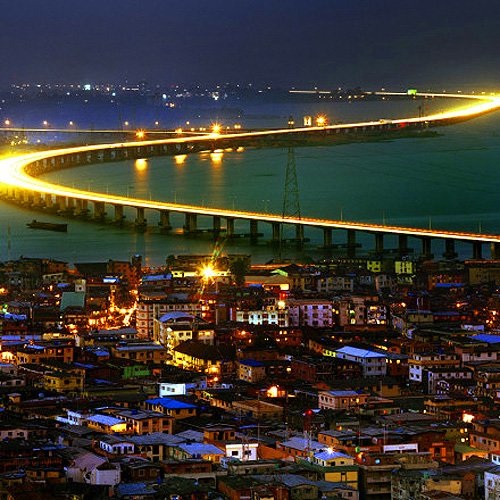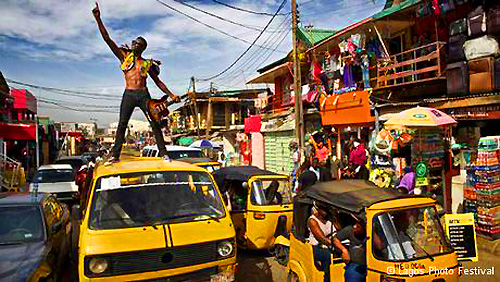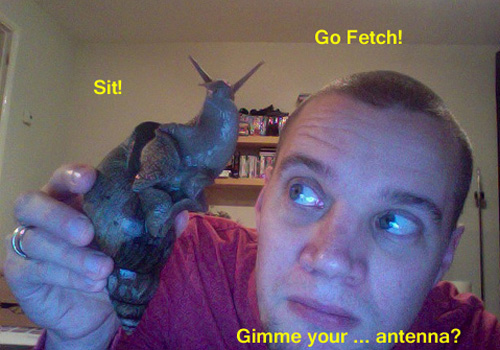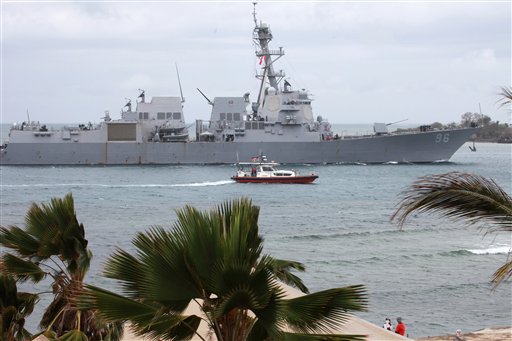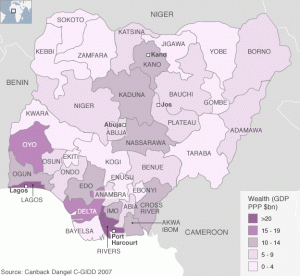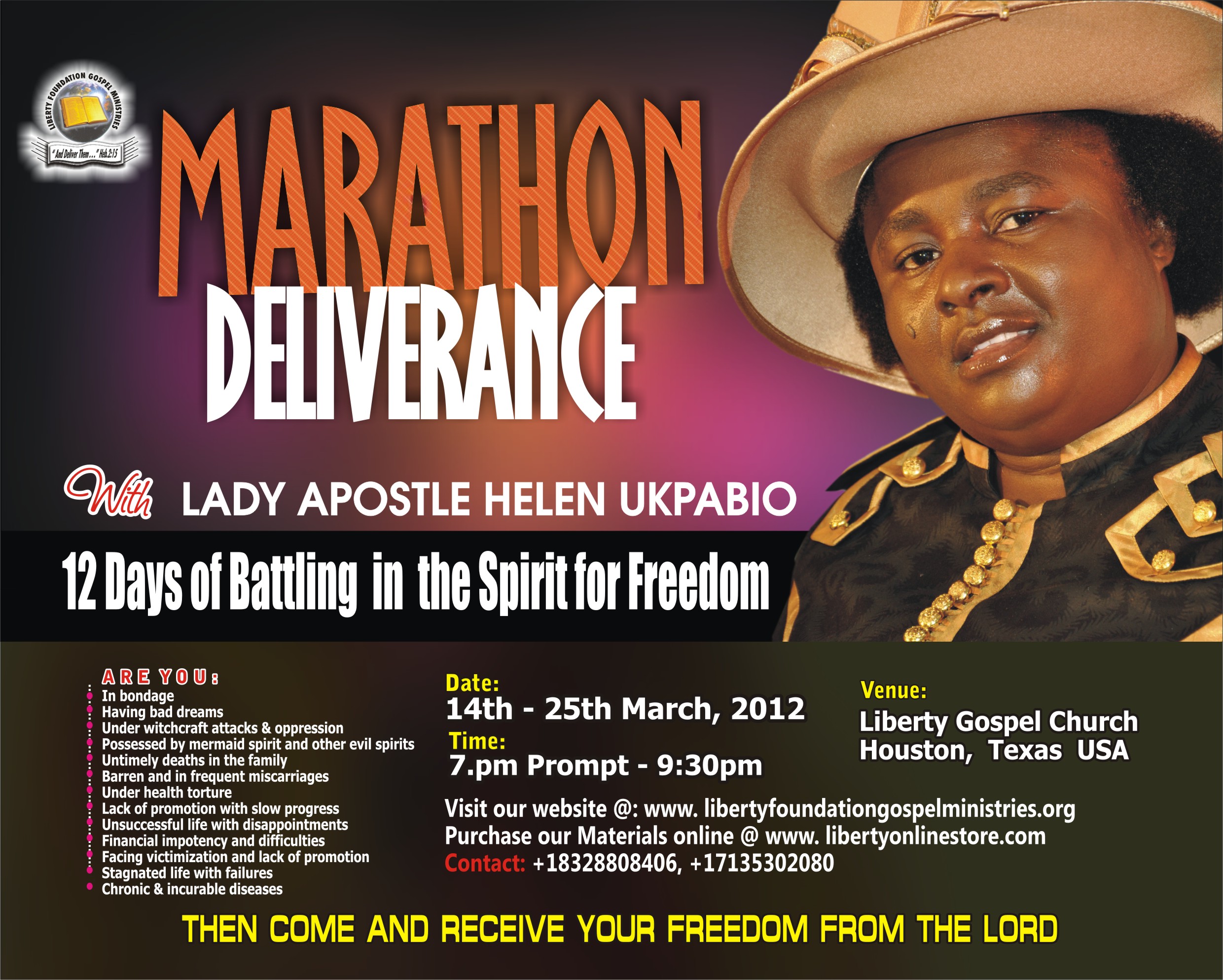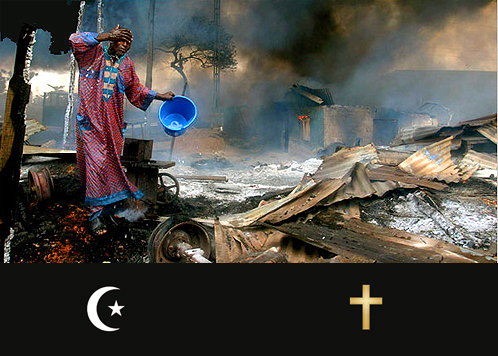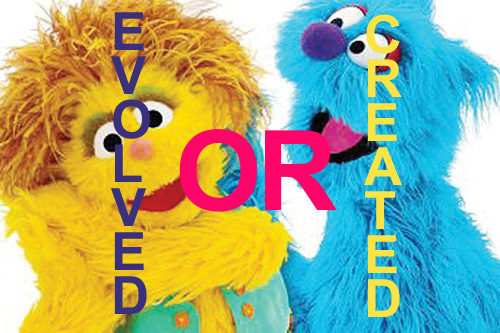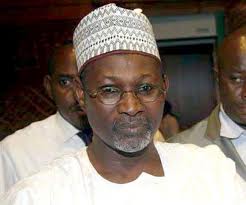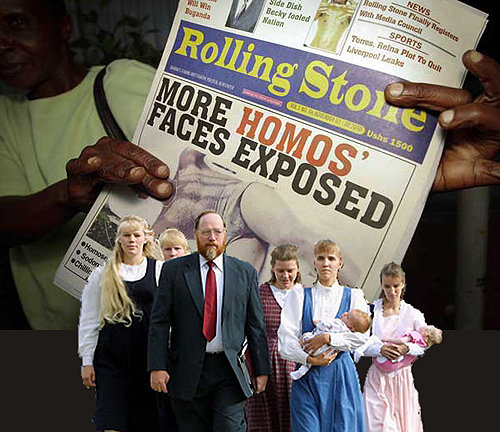 Anti-gay and women-suppression is sweeping through much of the non-Muslim world of Africa with a poignant argument against America.
Anti-gay and women-suppression is sweeping through much of the non-Muslim world of Africa with a poignant argument against America.
Today Uganda’s dictator signed a long anticipated anti-gay law in an unusual public ceremony with much fanfare.
Immediately after signing he delivered a very provocative speech saying his actions were a response to “western arrogance” and attempts by countries like America to change Ugandans’ way of life.
The law has been several years in the making and received crucial legal and financial support from conservative American lawmakers unable to impose such nonsense on their own country.
The original called for execution of anyone found to be gay. That’s been changed to life imprisonment. But other parts of the bill are draconian and criminalize the knowledge that someone is gay if not immediately reported to the police.
Uganda has been spiraling into oblivion for several years, and this fire-brand piece of legislation follows a whole series of less known laws that criminalize certain dress like mini-skirts.
Hardly a day after that law was best, hoodlums beat poorly dressed women in the streets of Kampala under the noses of approving police.
Uganda is certainly the most extreme example in Africa of massive reversals of human rights Africans had gained this last half century. But it’s hardly the only one.
Anyone convicted as gay in Nigeria now faces up to 14 years imprisonment, after a much controversial law was passed in January.
Nigeria’s President Goodluck Jonathan couldn’t be more different from Uganda’s Yoweri Museveni. Jonathan is considered progressive and worked closely with western governments in the pursuit of BokoHaram and other terrorists groups.
Totally unlike Museveni he has led a fight against government corruption, rocketing him to popularity. But just as in America, pressed by his right and now facing an unexpectedly close election, Goodluck reluctantly signed Parliament’s bill.
Nigeria is a much more diverse and educated society than Uganda, and the two countries literally span the continent’s diversity. But all over Africa, even in such presumed liberal places as Kenya, anti-gay sentiment is building rapidly.
I cannot find a single country in sub-Saharan Africa where there is not a public campaign to criminalize homosexuality. Even in South Africa with a constitution that more forcibly protects gays than in America, and with same-sex marriage legalized since 2006, a campaign is on.
What’s going on? Why Africa?
The highly popular and respected Kenyan commentator Charles Onyango-Obbo says it’s all about women, not gays.
In a society that condones gayness, women would not have to submit to male authority: “Once you dismantle the sexual hierarchy…then you cannot maintain a political system in which men monopolize power and women have little or none.”
While the light tike Museveni swings his fist at the big guys like America, he’s buttressed by a powerful argument also swinging through Africa:
If same sex relationships are afforded equality in modern societies, why aren’t polygamous ones?
Both deviate from the norm. And Africa not just with its modern Muslim cultures but its centuries of traditional cultures validates polygamy. South Africa’s extremely modern government that has legalized same-sex marriage at the federal level has also legalized polygamy.
So Museveni and similar demagogs around the continent have a hard time criticizing South Africa. But not America.
Has this vicious little tike exposed a flaw in our own reasoning?

